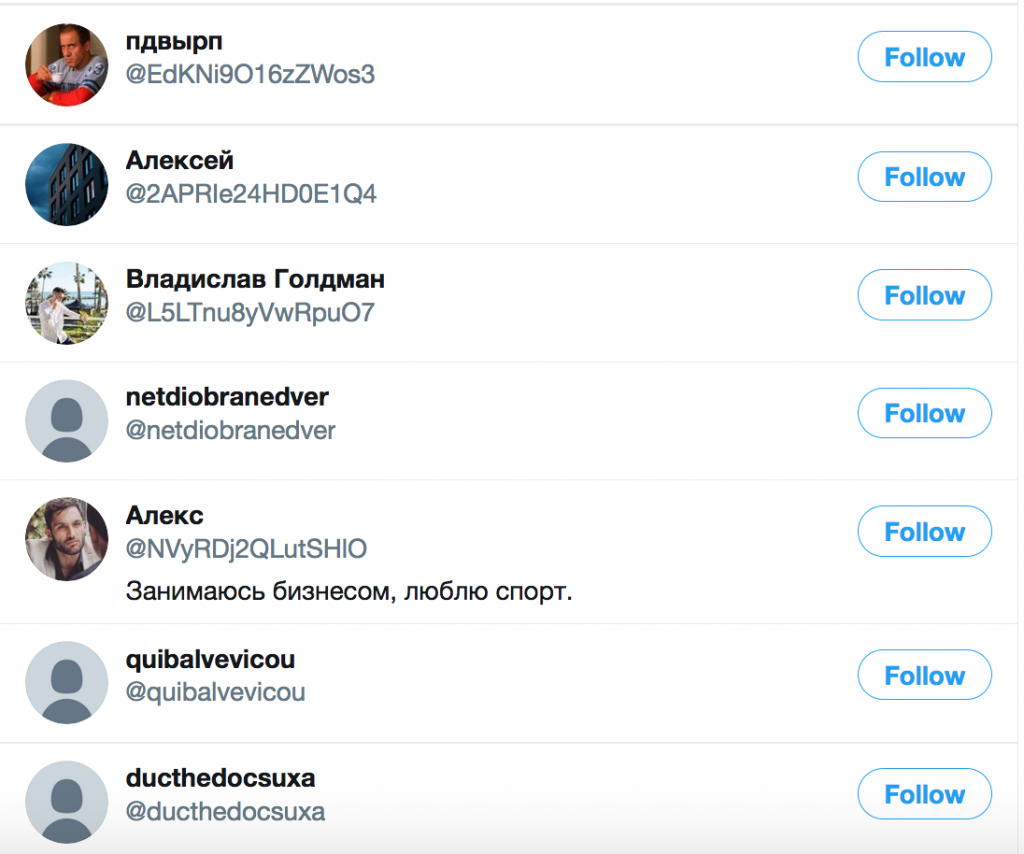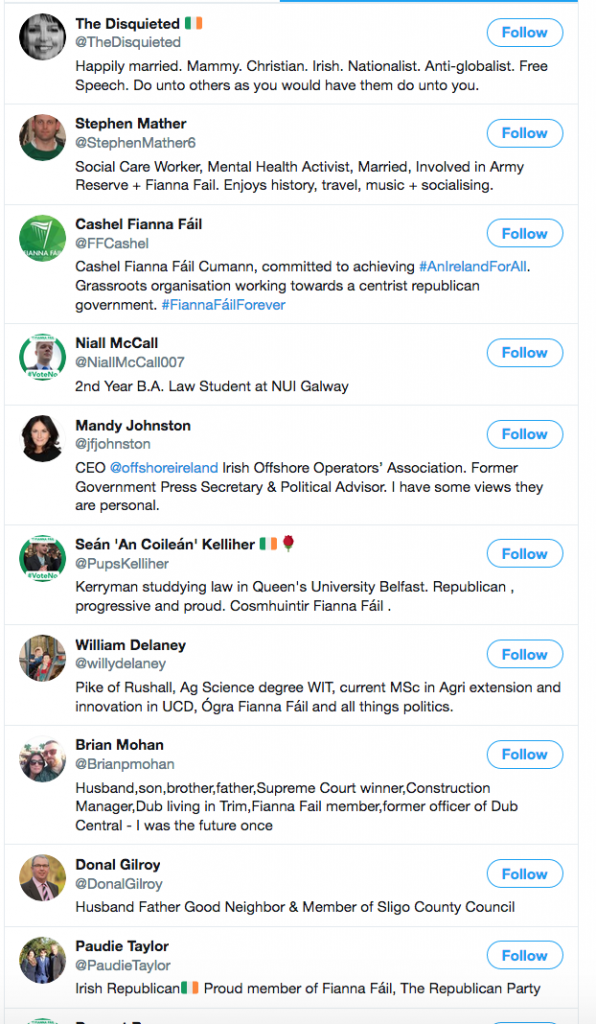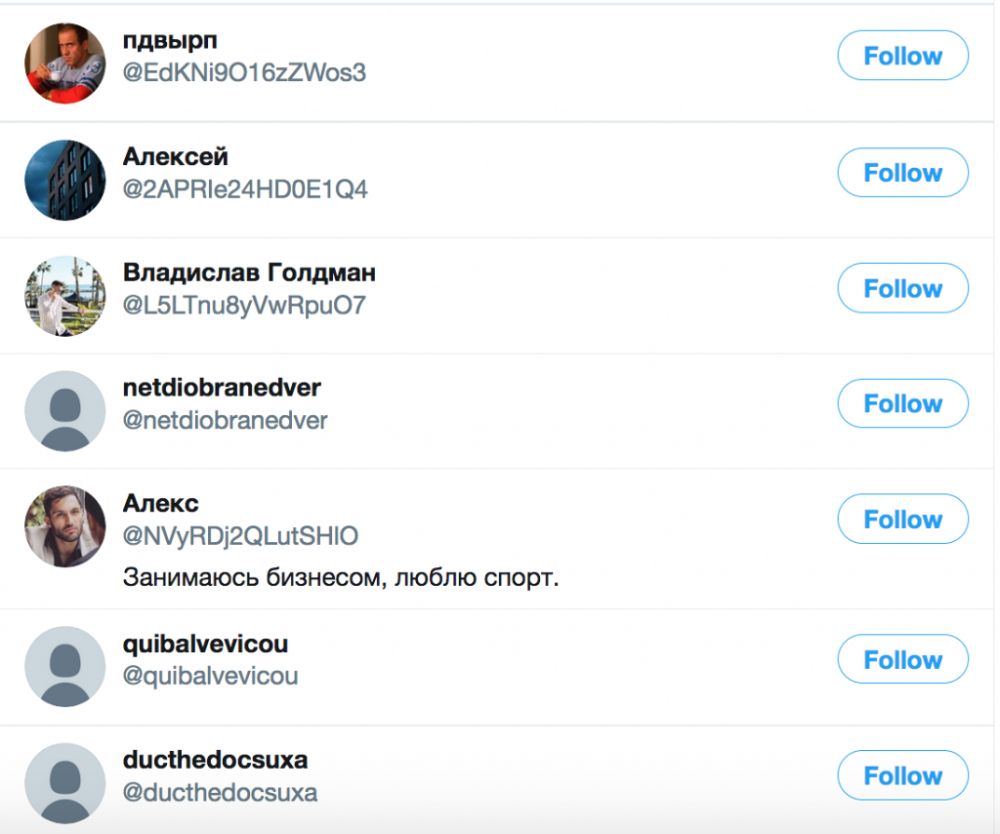Yesterday, Fianna Fáil TD Thomas Byrne suggested that Russian bots are amplifying social media posts by a campaign group, Fairer Future, opposed to the government deal.
Fairer Future represents a group of Fianna Fáil councillors and party members who are campaigning against the party going into government with Fine Gael and the Green Party.
On Twitter, Fairer Future began posting on Monday June 15. By the end of June 16, the account had posted 15 original tweets and 19 retweets.
Of the original tweets, two stand out for attracting a large number of retweets from anonymous accounts.
Fairer Future’s first Twitter post on June 15 attracted 73 retweets. Later that evening, a tweet commenting on Ógra Fianna Fáil’s opposition to the government deal attracted 90 retweets. In contrast, the average number of retweets for Fairer Future’s other posts is only 13.
The future of our party is on the line. Delighted @OgraFiannaFail are joining us in the fight for a #FairerFuture https://t.co/jbH5w0rpdl
— Fairer Future (@fairerfuture_) June 15, 2020
Bot Characteristics
The above post was retweeted by many accounts that have the characteristics of bot activity: that is, they are new accounts with no followers and their posts are primarily not in English. Nor do they give any indication of being associated with Irish politics or Ireland in general as indicated below. The original post by Ógra Fianna Fáil attracted 150 retweets and many of these also have bot-like characteristics.

However, Fairer Future’s posts on June 16 appear to have primarily engaged legitimate accounts. For example, the most retweeted post was about Shane Curley’s Prime Time appearance. As indicated below, almost all of the 26 retweets are by named accounts including Councillors and local Cumanns.

It is generally assumed that malicious bots aim to create
division and amplify tensions. In May, researchers
at Carnegie Mellon University found that bots accounted for around half of
the Twitter accounts promoting false information about COVID-19 including
conspiracy theories and calls to “reopen America”.
However, it is not clear whether such bot activity has direct persuasive effects. Nevertheless, it is clearly a threat to the integrity of legitimate campaigns, which means parties and campaign groups need strategies to protect their reputations.
Of course, ultimately, it is the social media companies that
need to do more to identify and remove inauthentic accounts.


